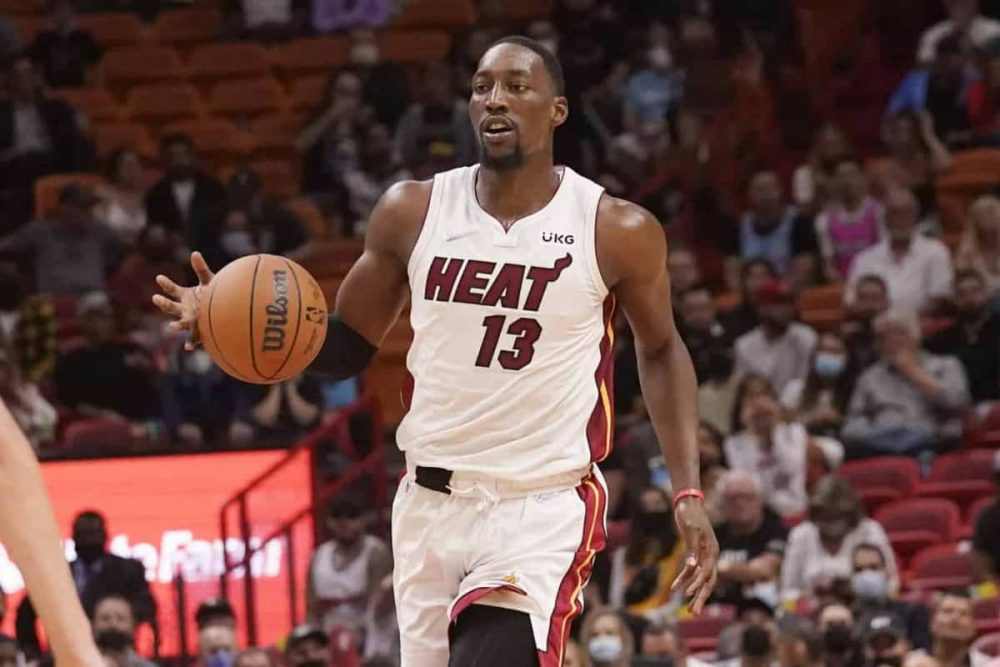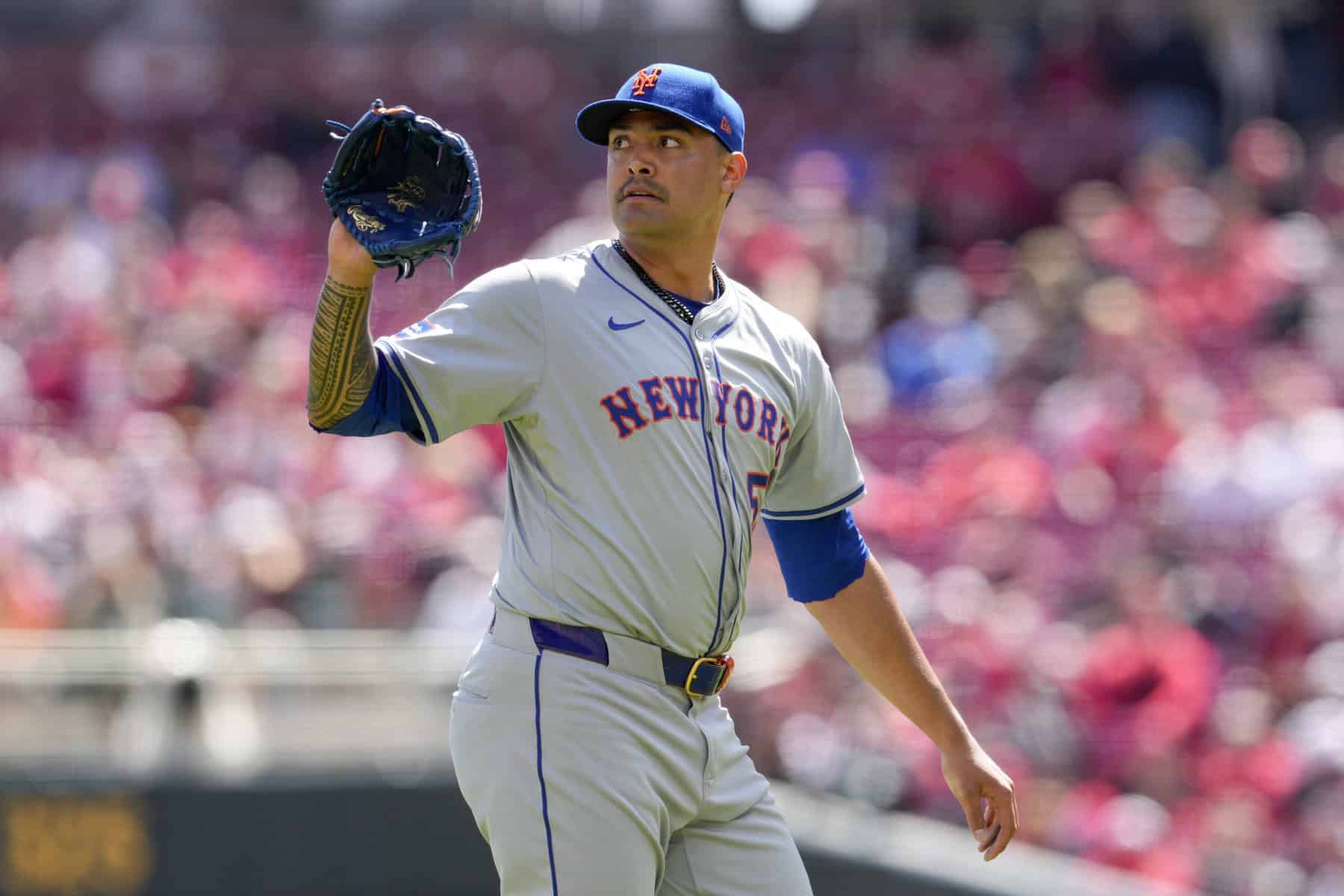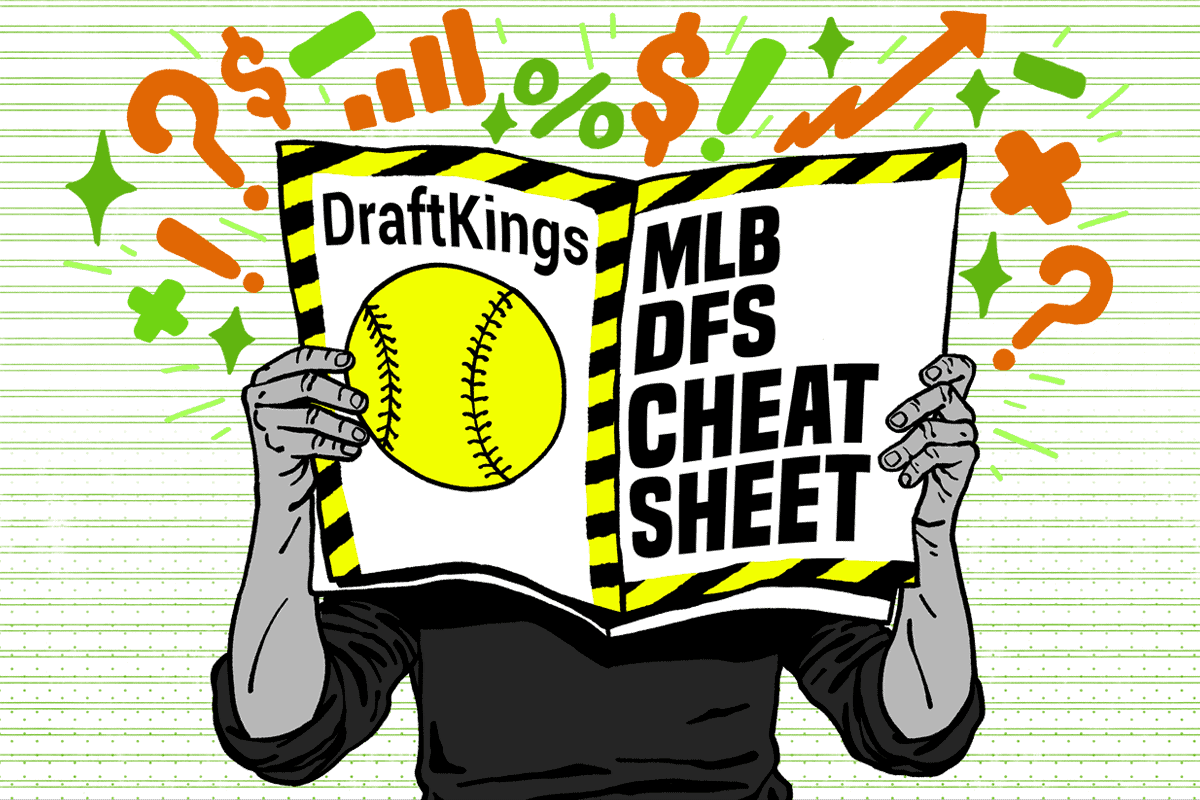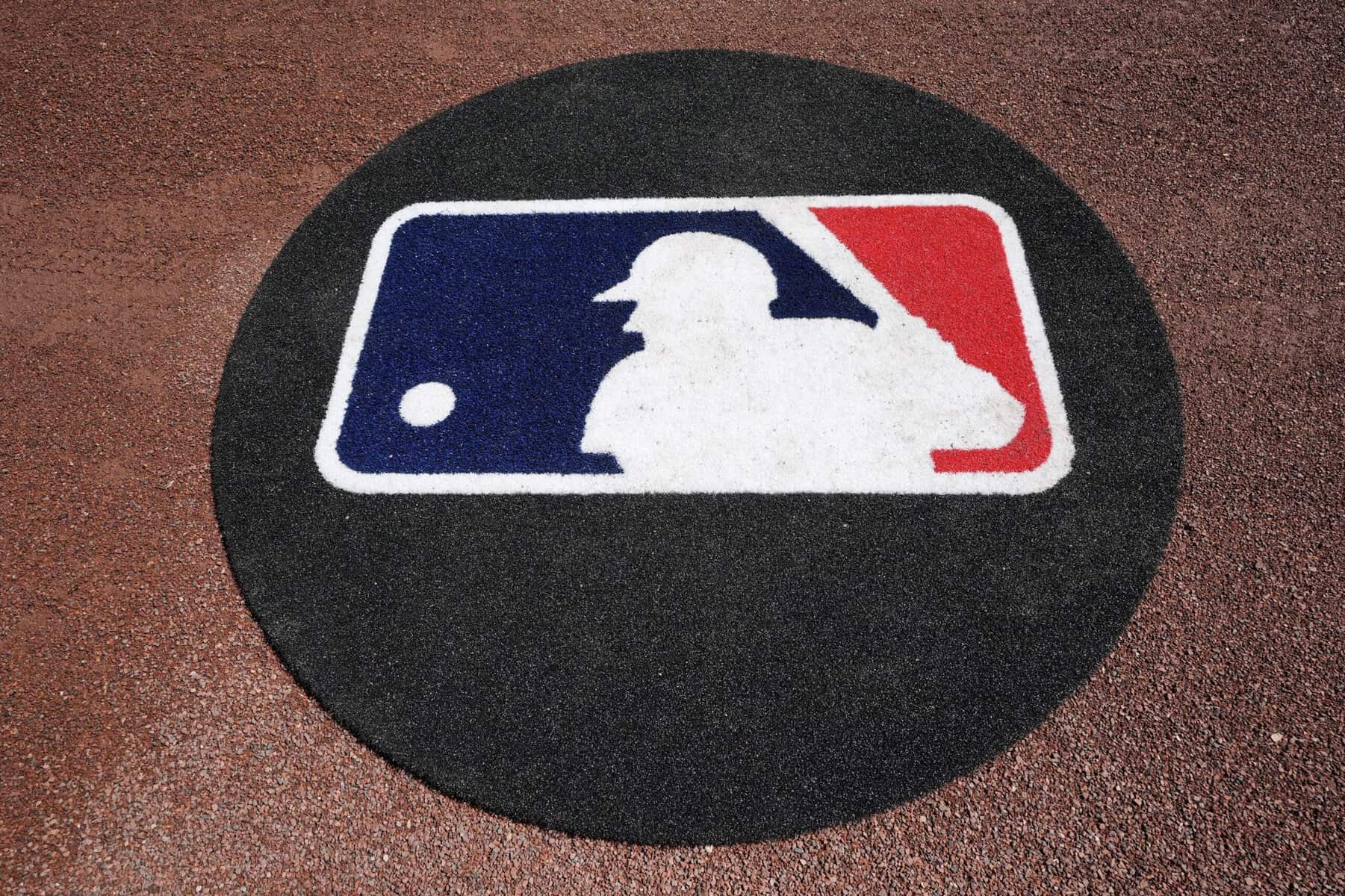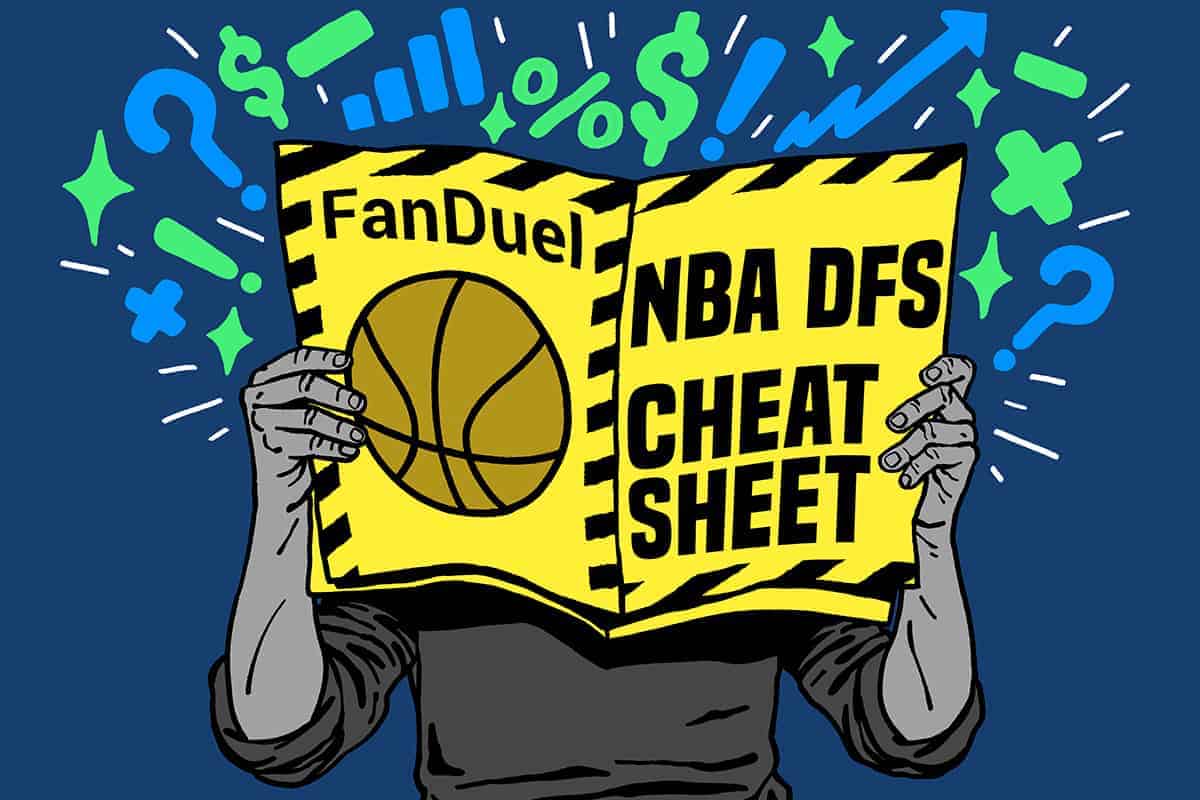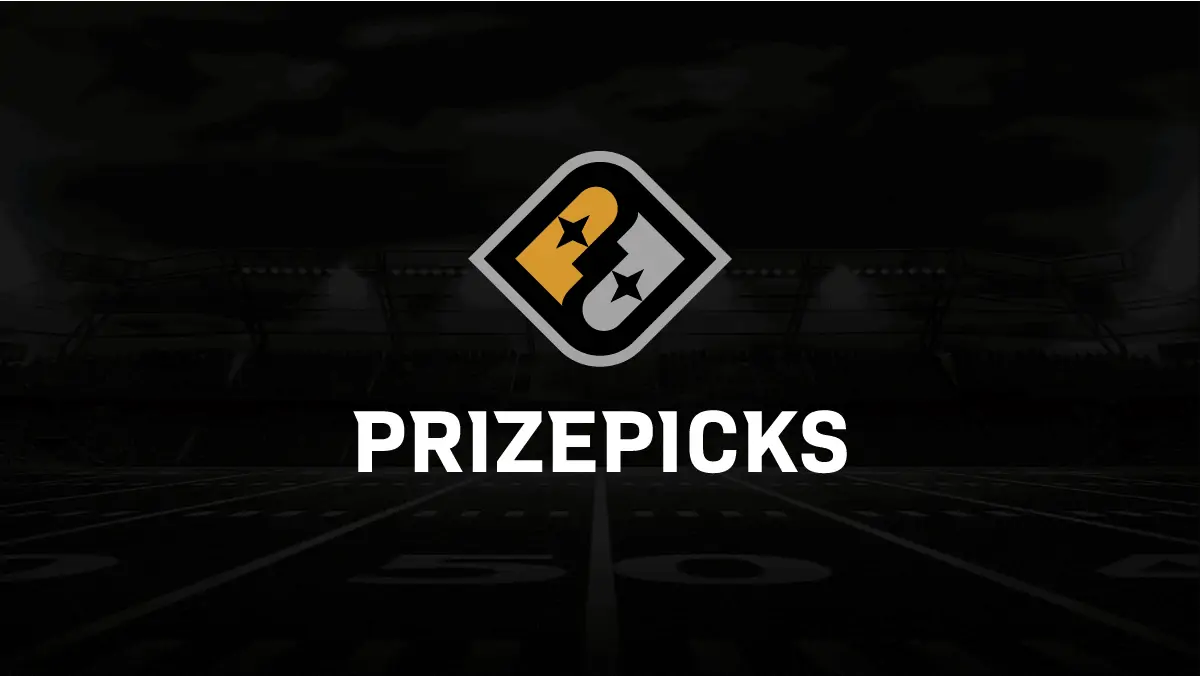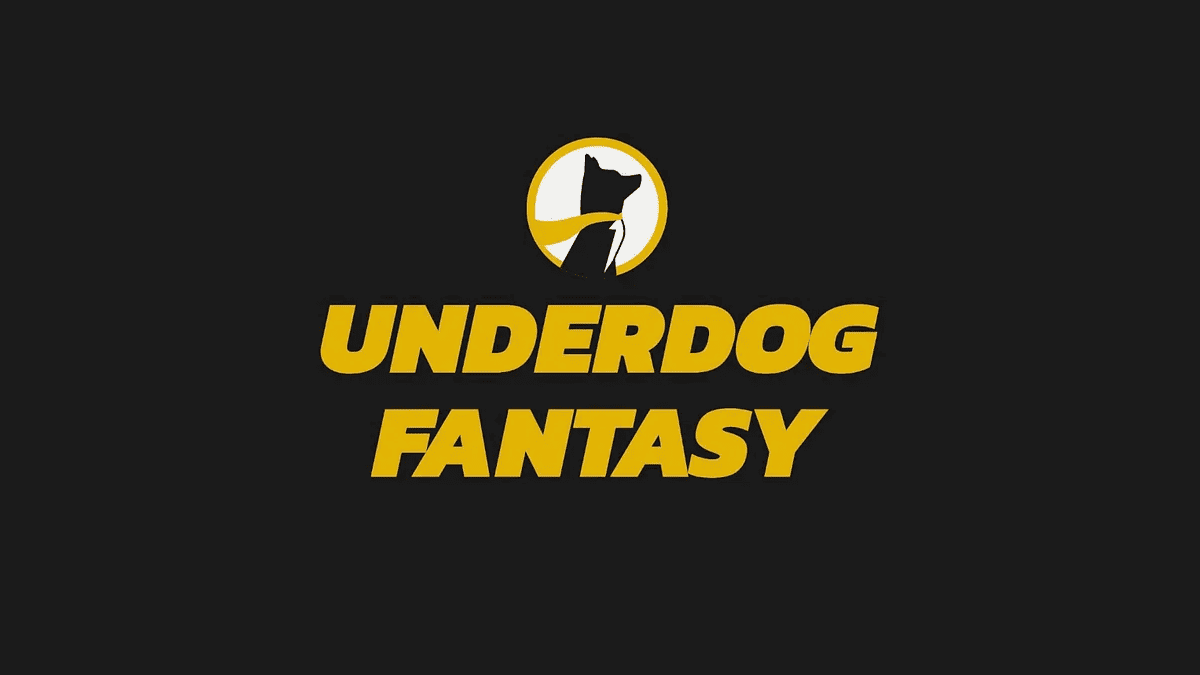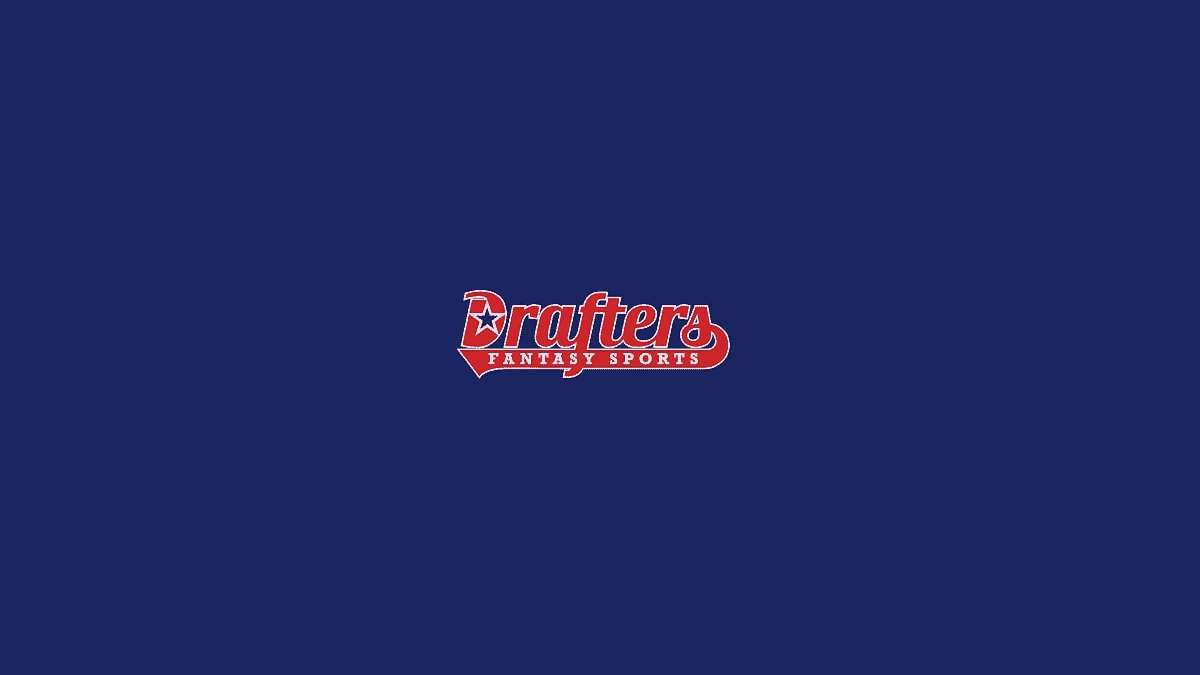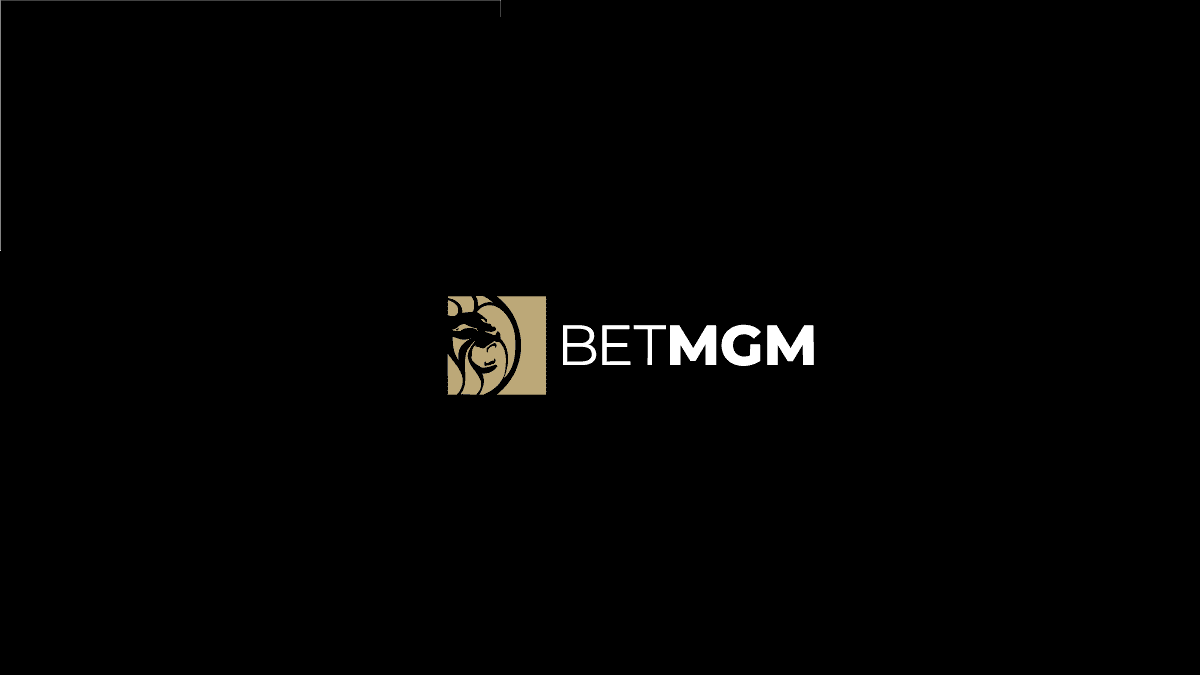Week 6 action kicks off with a Thursday two-game slate, and DraftKings and FanDuel have great contests for these games. This college football DFS breakdown will look at both teams and provide information about each skill position player of note. Make sure to check out our projections, depth charts and datasheets for more information. With that said, let’s dive into the first iteration of the Week 6 CFB DFS picks for Friday’s matchup.
College Football DFS: Week 6 Thursday CFB Picks
Coastal Carolina vs. Arkansas State
Coastal Carolina (43.25 Implied Total)
Plays/Game – 65.2 (107th)
Pass Rate – 35.63% (119th)
Coastal Carolina enters this game with an undefeated record, but one of the easiest strength of schedules in the country. Their best win is Buffalo in a game they won by three points. Coastal Carolina plays a slow, run-heavy brand of football, often featuring the option. This directly clashes with Arkansas State’s style of play. Their offensive line has been suspect in pass blocking, but they run so much that this weakness is mitigated.
Grayson McCall ($8,500) injured his ankle in last week’s game but will reportedly play here. McCall averages 222.6 yards passing per game on a miniscule 17.4 attempts. This game does have more back-and-forth potential than others this season, but Coastal Carolina’s style of offense depresses his ceiling. McCall may also lose some of his mobility with the lower body injury. He has 69 yards rushing this year, but he rushed for 569 last season. Overall, McCall has been extremely efficient, completing 80.2% of his passes for 12.9 yards per attempt. On a two-game slate, McCall still looks like the top quarterback option on the team with the highest implied team total.
At running back Reese White ($5,700) has functioned as Coastal Carolina’s lead back. Shermari Jones ($6,300) has missed the Chanticleers’ last two games, elevating his touches. However, Jones projects to return this week. On the year. White averages 11.2 opportunities (carries + targets) to Jones’ 11.7. Both have been very efficient with White recording 374 yards on 53 carries and Jones recording 288 yards on 35 carries. Braydon Bennett ($4,700) will also provide a complimentary role. However, with Jones returning, Bennett looks a bit overpriced for his projected offensive role.
At receiver Jaivon Heiligh ($6,700) must overcome limited volume with efficiency. He averages on 5.8 targets per game, but he already has 499 yards receiving. This puts his per game average at 99.8. Still, Heiligh has not received more than seven targets in any of Coastal Carolina’s last four games. Tight end Isaiah Likely ($5,500) is the next most used receiver, averaging 5.2 targets per game. He is the second-leading receiver with 281 yards on the year and 56.2 yards per game. Kameron Brown ($4,500) is the seldom used WR3 averaging 3.2 target and 38.2 yards receiving per game. He is nothing more than a GPP dart throw.
Arkansas State (26.75 Implied Total)
Plays/Game – 84.0 (4th)
Pass Rate – 68.45% (3rd)
Arkansas State currently sits at 1-4, with their lone win coming against Central Arkansas. This team did play Memphis and Tulsa to single digits, while getting blown out by Washington and Georgia Southern. Mentioned above, Arkansas State plays uptempo, pass-heavy football. The overall play volume in this game could be depressed with Coastal Carolina’s ball-control offense. This game could need additional efficiency to eclipse the total. Arkansas State’s offensive line ranks 72nd in pass blocking, which clashes against Coastal Carolina’s 13th-ranked pass rush.
Unfortunately, Arkansas State squanders a DFS friendly offense by platooning their quarterbacks. James Blackman ($5,900) has received a majority of reps this year, but he will still split time with Layne Hatcher ($5,600) on occasion. Blackman has -4 yards rushing this year, but he averages 254 through the air on 35 attempts per game. Hatcher has 45 yards rushing and averages 158 yards through the air on 19.8 attempts. Last week, Blackman threw 43 times, while Hatcher threw 18 times. Hatcher did not enter the game until the second half after the game got out of control. Hatcher also did not see the field in Arkansas State’s previous game. On a small sample, Hatcher has the superior completion percentage and yards per attempt in the offense. However, until further notice, Blackman looks to have a shaky hold on the starting quarterback job, making him viable in GPPs. If Hatcher draws the start for whatever reason, he would also be viable.
Already a pass first team, Arkansas State uses a three-man committee in the run game. This unit consists of Alan Lamar ($4,000), Johnnie Lang ($3,600) and Lincoln Pare ($5,100). Lamar and Pare both average exactly 10 opportunities per game, but Pare has been far more efficient with 124 yards on the ground and 134 through the air. Lamar has 111 on the ground and 90 through the air. Lang averages 8.0 touches per game and will siphon off some work from both. Marcel Murray ($3,500) will also handle a few touches on occasion, rendering this backfield difficult to target here.
At receiver Arkansas State’s immense pass volume brings multiple receivers into consideration. Corey Rucker ($6,100) leads the team with a 19.5% target share and 9.4 targets per game. He also has a 92.8 receiving yardage average, making him the top overall play in the offense. Behind him, Jeff Foreman ($4,400) is the second-leading receiver, averaging 72 yards and 8.4 targets per game. He is an extremely strong price-adjusted play. WR3 Te’Vailance Hunt ($4,000) looks like a strong play at first glance. Hunt is the third-leading receiver, averaging 7.8 targets and 60 yards per game. Interestingly, Arkansas State has increasingly relied on a receiver rotation. Dahu Green ($4,900) returned from injury to soak up ten combined targets in Arkansas State’s last two game. Tight end, Emmanual Stevenson ($3,000) is also heavily involved despite running a route on just over 50% of dropbacks. He averages 4.2 targets per game but provides low upside with just 86 total yards on the year. Even Reagan Ealy, Khyheem Waleed, Akeem Hayes, and Jack Combs have begun rotating into the offense, making this an increasingly difficult situation to decipher. The rotation has caused Foreman and Hunt to see less snaps and run fewer routes in recent games.
Houston vs. Tulane
Houston (33.25 Implied Total)
Plays/Game – 68.5 (78th)
Pass Rate – 51.09% (46th)
Houston currently holds a 4-1 record, with their lone loss coming to Texas Tech in the opener. Since then, they have handled Rice, Grambling State, Navy and Tulsa. Houston remains pass heavy and fairly uptempo in 2021. Last year, they ran 76 plays per game and the same has been true in spots this year. Houston receives excellent pass blocking and they should not have any trouble against a suspect Tulane defense.
Now two games removed from injury, Clayton Tune ($6,600) looks to have avoided setback again. Tune currently averages 194.2 yards passing per game on 26.4 attempts. Tune has been a solid dual threat throughout his career, but he only has 64 yards rushing this year. Tune rushed for at least 244 in each of the two prior seasons. However, he has not rushed for positive yardage since his hamstring injury against Rice. Still, Tune has shown upside through the air, hitting at least 241 yards in each of this last two starts. Tune currently completes 71.3% of his passes for a modest 7.5 yards per attempt. He is a GPP target worth considering here.
At running back freshman Alton McCaskill ($7,500) has fully beaten out Mulbah Car ($3,200), Ta’Zhawn Henry ($3,800) and Chandler Smith ($3,000) for the lead back job. This makes sense with McCaskill dwarfing all other backs in efficiency. He now averages 16.2 opportunities per game, eclipsing that number in three straight contests. In fact, he has at least 20 touches in each of the last three games, making him a solid play here.
At receiver Houston relies on Nathaniel Dell ($7,100) as the pure alpha. He averages 9.2 targets and 85 yards per game on a 29.3% target share. The WR2 in the offense looks like KeSean Carter ($3,300) of late. Carter ran a route on 72% of dropbacks right alongside Dell. No one pass catcher eclipsed 59%. Carter saw four targets in the game as well, but he only has 65 yards on the year, making him a leap of faith play. From a production standpoint, tight end Christian Trahan ($3,600) has been the second most consistent pass catcher. He averages 35.6 yards per game on 4.2 targets and a 63% route rate. The WR3 spot has been split between Jeremy Singleton ($3,900) and UCLA transfer Jaylen Erwin ($3,000). Erwin ran a route on 56% of dropbacks compared to 53% for Singleton. On the year. Singleton averages 72% of routes to Erwin’s 30%. However, Singleton’s route rate has dropped in three straight games. Converted corner and part time receiver, Marcus Jones is the team’s third leading receiver, but he is not in the player pool and is playing a reduced role.
Tulane (28.75 Implied Total)
Plays/Game – 72.0 (47th)
Pass Rate – 55.21% (23rd)
Tulane is 1-4 this season, with their only win coming against Morgan State. They lost to Oklahoma and UAB by single digits but got blown out by Ole Miss and East Carolina. Tulane is much pass heavier this year after throwing the ball only 40.4% of the time last season. However, negative game script is a major contributor to this elevated pass rate and projects to be the case again here. Tulane has been a much better run blocking offensive line and now has to battle an elite Houston pass rush that ranks sixth in the country.
Michael Pratt ($7,800) continues to quarterback Tulane after battling injury at times this year. He averages 213.8 yards passing per game on 31.4 attempts. He is also a strong dual threat with 117 yards rushing on the season. Pratt has not always been the most efficient with a 59% completion percentage and 7.2 yards per attempt. However, he has shown upside, eclipsing 268 yards three times this year and registering two performances at or above 296 yards passing. Tulane’s voluminous passing attack gives him a solid floor.
At the running back position, Cameron Carroll ($5,300) leads a three-man committee. Carrol leads the team with 43 carries and 204 yards rushing. However, he cedes touches to a number of backs on an individual game basis, making him a questionable play. He currently averages 10.8 touches per game and 60 total yards per game. Ygenio Booker ($4,200) has become increasingly involved in the offense, out-touching Booker 26-17 over Tulane’s last two games. Tyjae Spears ($3,200) will also play a change of pace role. He only has ten touches combined over Tulane’s last two games, making him a GPP dart throw at best. Devin Brumfield ($3,300) and Iverson Celestine ($3,000) both did not play in last week’s game despite no indication of injury. It appears they are no longer part of the rotation. Booker is the best play of the group.
At receiver Jaetavian Toles ($4,800) has the most consistent role, participating in no fewer than 85% of routes over Tulane’s last three games. He averages only 4.0 targets and 39.6 yards receiving per game, but he plays the most consistent role. Duece Watts ($4,300) has emerged as a strong candidate for WR1 as well, running a route on 85% and 78% of dropbacks in back-to-back weeks. Watts is the most targeted receiver on the team, averaging 6.8 per game over Tulane’s last four contests. Tight end Tyrick James ($4,600) has also been consistent with at least 63% of the routes run in four of Tulane’s five games this year. He leads the team with 289 yards receiving on a 5.2 target per game average. From there, Tulane utilizes a nasty wide receiver rotation. Phat Watts ($3,700) participates in 64% of the routes overall. Jha’Quan Jackson ($3,100) participates in 40% and Shae Wyatt ($3,300) participates in 33%. These number fluctuate on a week-to-week basis as well, making these ancillary pieces even more difficult to predict.
Thanks for reading to the end of this article! If you appreciate this free content and want to see more of it every day, you can help us out by sharing this article on social media!
[CFBPAGE]

